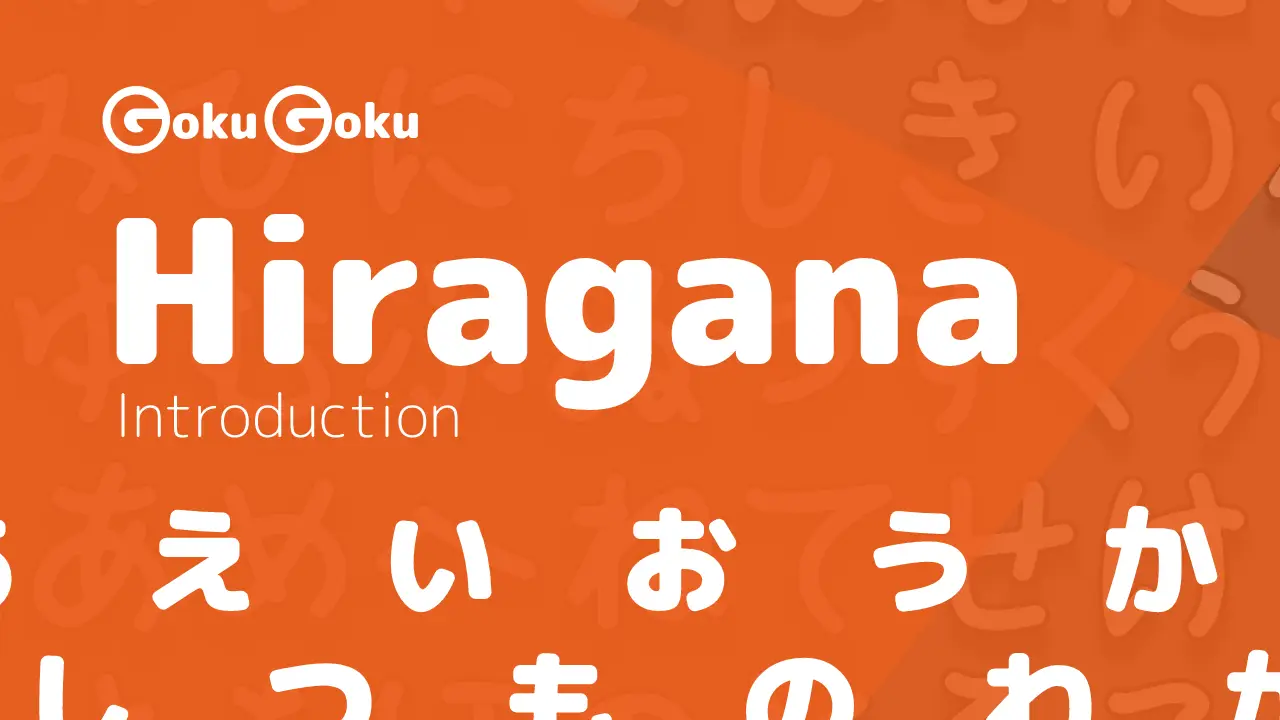ましょう (mashou) Meaning Japanese Grammar - Let's Do!
Anna Baffa Volpe
Get in touch with meThe suffix ましょう (mashou) is added to the verb base and creates the polite volitional form in Japanese.
It can be translated as Let's do it! or Shall we?.
ましょう is one of the suffixes added to the auxiliary verb ます and creates the polite form or ます form.
In this post we learn more about meaning of ましょう, how it is formed, and when ましょう is used through real example sentences.
How ましょう is formed
In the case of Ichidan verbs we have the structure:
Let's have lunch!
With the Godan verbs we have the form:
If you'd like, let's go toghether!
How and when to use ましょう
ましょう is one of the conjugations of the auxiliary verb ます.
It is commonly used to suggest or exhort the other person to do something together.
We express through this form:
- Let's do toghether!
- Come on, let's do this!
インド料理をトライしましょう!
Let's try Indian food!
ましょうか to give help and willingness to do something
ましょう combined with the interrogative particle か is used when offering help and willingness to do something for the other person.
今夜あなたの子どもの世話をしましょう。
I will look after your child tonight.
What I want to express in the sentence is: Don't worry, I'll take care of the baby!
あなたに何か読むものをあげましょうか。
Shall I give you something to read?
Again, we have an offer, a kindness from the subject towards the other person and not a shared action.
In this sentence, we find the volitional form and the meaning is: Would you like me to give you something to read?
ましょうか to ask for advice
ましょうか is also used in cases where we are not sure about something and ask for advice and confirmation.
この辞書は安いですから買いましょうか。
This dictionary is cheap, shall we buy it?
ましょう as polite imperative
ましょう is also used in first person to exhort oneself to do something or to invite the other person to perform an action.
私は仕事を完成するよう努力しましょう。
I shall endeavour to complete the work.
The sentence has an exhortative meaning: Come on, let's get the job done!
もし明日雨が降ったら、家にいましょう。
If it rains tomorrow, let's stay home!

一緒に行きましょう。一緒に逝きましょう。一緒に生きましょう。
Let's go together! Let's pass away together! Let's live together!
Examples of ましょう
いつか、そこでコーヒーを飲みましょう。
Let's have coffee there someday!
できるだけ早い機会に彼に会いましょう。
Let's meet him at the earliest opportunity!
できるだけ is a widely used expression in the Japanese language; it means as far as possible, as much as possible.
すぐにその件について調べてみましょう。
Let's look into the matter immediately!
In the sentence we find the form in temiru which is translated trying doing something, try or experiment an action.

スープとドリンクを作りましょう。
Let's make soup and drinks!
Similar grammar points in Japanese 📚
から
から (kara) Meaning Japanese Grammar - Because
だけ
だけ (dake) Meaning Japanese Grammar - Only
たりする
たりする (tari suru) Meaning Japanese Grammar - Do Such Things as A, B Etc
ちがう
ちがう (chigau) Meaning Japanese Grammar - No
まだ
まだ (mada) Meaning Japanese Grammar - Still
ないでください
ないでください (naide kudasai) Meaning Japanese Grammar - Please Do Not Do

